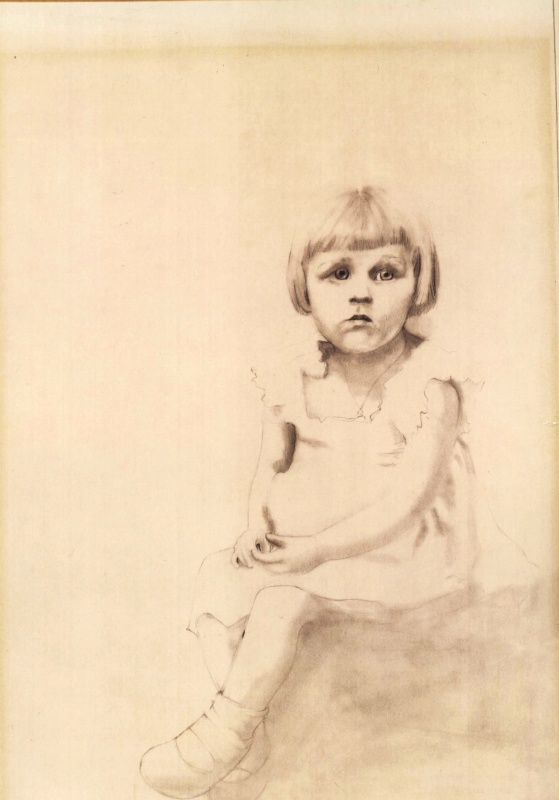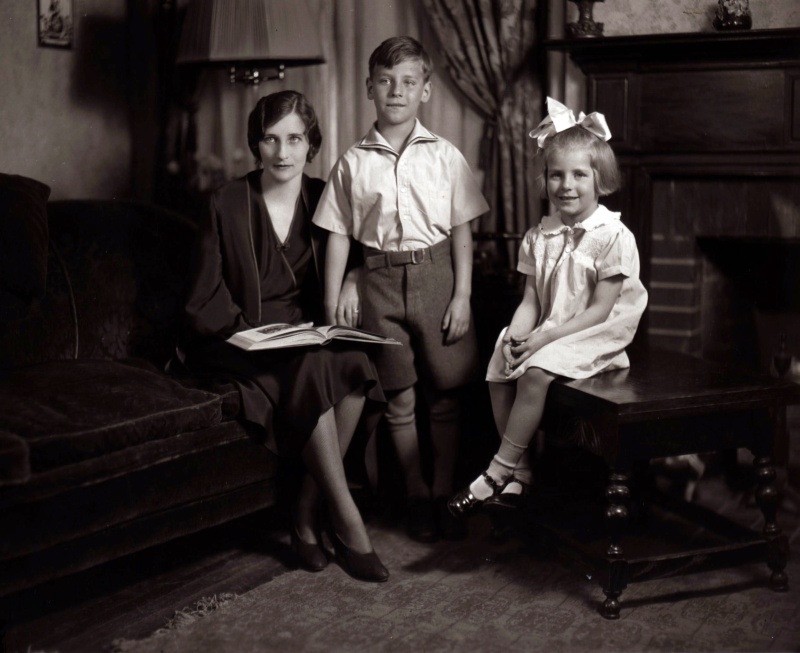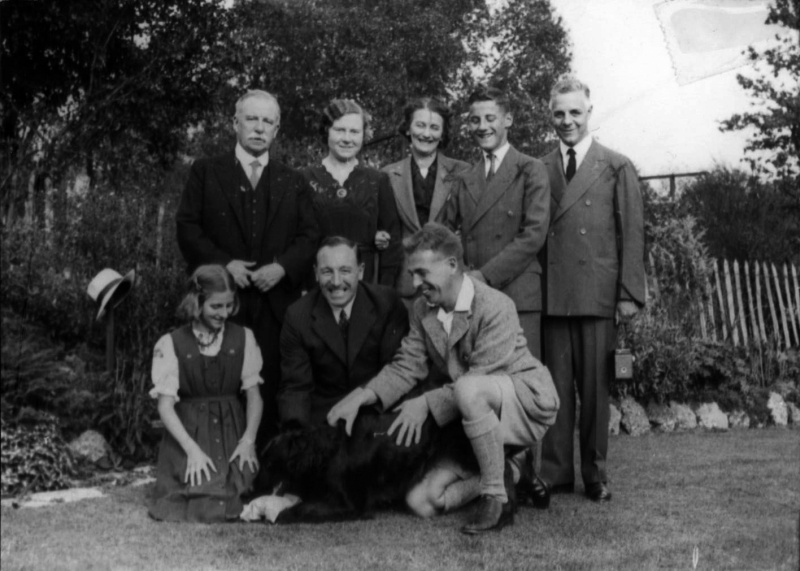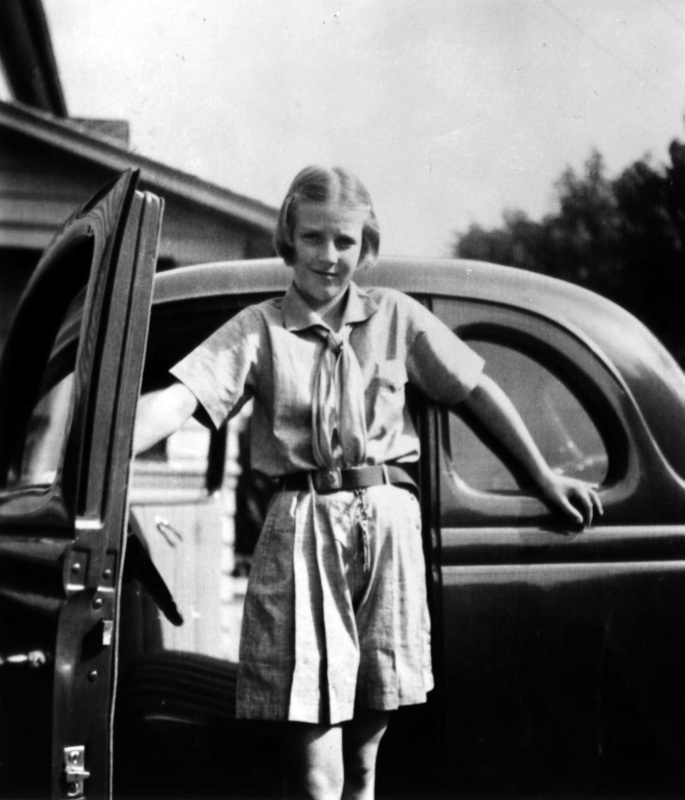Little Little (17 page)
Authors: M. E. Kerr

“Listen to this,” he says, wiping away crumbs of tuna fish sandwich from his mouth. “This is when Winesap, the historian, has just finished a lecture on all the Bigfoot creatures that have been sighted all over America. He’s being approached by another historian named Agaard, and he says—”
“Sydney,” I sigh, “I’d rather read the book myself.”
“Just listen to this,” he insists the way he always insists. “Agaard comes up to Winesap and he says, ‘I have a son home who is a monster.’” Sydney grins over at me. “Isn’t that a neat beginning?”
“Neat,” I agree.
“Then Agaard invites Winesap home to meet his son, who’s eight foot tall!”
“I’ll borrow it when you’re finished,” I say.
Then he starts to tell me about more new things he’s bought for his apartment, behind the pachinko parlor. Whenever I go there, he shows me something new he’s bought. Once he surprised me with a miniature water bed he’d had custom-made. We stretched out on it and listened to tapes of The Bee Gees, Earth, Wind and Fire, and Haydn’s
Surprise
symphony, drinking white wine from new crystal goblets, while he told me Haydn’s wife was so mean she used his manuscripts as curlpapers.
He is always enthusiastic about something, but today I am not a good listener.
I am saved from pretending that I am by a quartet of freshmen who surround Sydney Cinnamon to ask for autographs.
“Roy or The Dragon?” he asks them.
“Both!” they chorus in unison.
I finish the date-and-nut sandwich Mrs. Hootman has made me for lunch and count the minutes to English class: one hundred and three.
Finally we are filing into Miss Grossman’s room, where she has written across the blackboard in yellow chalk:
True ease in writing comes from art, not chance,
As those move easier who have learned to dance.
—Alexander Pope
After all of us are in our seats, Miss Grossman begins handing back everyone’s story but the one she’ll read.
My mind is still reeling with the sight of my own before me on my desk, marked A+, when Miss Grossman speaks.
“And now,” she says, “I want you all to be still and listen to this.”
Sickly, I sneak a glance across at Calpurnia Dove, who just as sickly meets my eye, her story clutched in her fingers.
Miss Grossman begins:
“‘Sydney,’ Mr. Palmer said, you are on your way to becoming the most famous dwarf in the country, no small thanks to me. And now I have a favor to ask you.
’
“Those words, spoken on an ordinary August day, in the offices of Palmer Pest Control, were the beginning of my new life….”
While she continues to read, after I have recovered from the punch of shock to my insides, I turn around in my seat and stare at Sydney Cinnamon.
He smiles at me, his light blue eyes very bright, and gives a helpless shrug to his shoulders.
I decide that my mother is right.
That tooth of his sticks out too far.
My real name is Marijane Meaker.
When I first came to New York City from the University of Missouri, I wanted to be a writer. To be a writer back then, one needed to have an agent. I sent stories out to a long list of agents, but no one wanted to represent me. So, I decided to buy some expensive stationery and become my own agent. All of my clients were me with made-up names and backgrounds. “Vin Packer” was a male writer of mystery and suspense. “Edgar and Mamie Stone” were an elderly couple from Maine who wrote confession stories. (They lived far away, so editors would not invite them for lunch.) “Laura Winston” wrote short stories for magazines like
Ladies’ Home Journal
. “Mary James” wrote only for Scholastic. Her bestseller is
Shoebag
, a book about a cockroach who turns into a little boy.
My most successful writer was Vin Packer. I wrote twenty-one paperback suspense novels as Packer. When I wanted to take credit for these books, my editor told me I could not, because Vin Packer was the bestselling author—not Marijane Meaker.
I was friends with Louise Fitzhugh—author of
Harriet the Spy
—who lived near me in New York City. We often took time away from our writing to have lunch, and we would gripe about writing being such hard work. Louise would claim that writing suspense novels was easier than writing for children because you could rob and murder and include other “fun things.” I’d answer that children’s writing seemed much easier; describing adults from a kid’s eye, writing about school and siblings—there was endless material.
I asked Louise what children’s book she would recommend, and she said I’d probably like Paul Zindel’s
The Pigman
, a book for children slightly older than her audience. I did like it, a lot, and I decided my next book would be a teenage one (at the time, we didn’t use the term “YA” to describe that genre). I knew I would need yet another pseudonym for this venture, so I invented one, a take-off on my last name, Meaker: M. E. Kerr. (Louise, on the other hand, never tried to write for adults. She was a very good artist, and her internal quarrel was whether to be a writer or a painter.)
Dinky Hocker Shoots Smack!
was my first Kerr novel. The story of an overweight and sassy fifteen-year-old girl from Brooklyn, New York,
Dinky
was an immediate success. Between 1972 and 2009, thirty-six editions were published in five languages.
Gentlehands
, a novel as successful as
Dinky
but without the humor, is a romance between a small-town boy and a rich, sophisticated Hamptons summer girl. The nickname of the boy’s grandfather is Gentlehands, but he is anything but gentle. An escaped Holocaust concentration camp guard, he once took pleasure in torturing the female prisoners. His American family does not know about his past until the authorities track him down. Harrowing as the story is, the
New York Times
called it “important and useful as an introduction to the grotesque character of the Nazi period.”
One of the hardest books for me to write was
Little Little
, my book about dwarfs. I kept worrying that I wouldn’t get my little heroine’s voice right. How would someone like that feel, a child so unlike others? After a while, I finally realized we had a lot in common. As a gay youngster, with no one I knew who was gay, I had no peers, no one like me to befriend—just like my teenage dwarf. She finally goes to a meeting of little people and finds friends, just as years later I finally met others like me in New York City.
I also used my experience being gay in a Kerr novel called
Deliver Us from Evie
. I set the story in Missouri, where I had studied journalism at the state university. I had been a tomboy, so I made my lead character, Evie, a butch lesbian. She is skillful at farm chores few females would be interested in, dresses boyishly, and has little interest in the one neighborhood boy who is attracted to her. I didn’t want to feminize her to make her more acceptable, and I worried a bit that she wouild be too much for the critics. Fortunately, my readers liked Evie and her younger brother, Parr, who doesn’t want to take over the family farm when he grows up. The book is now in two thousand libraries worldwide.
When I write for kids, I often draw on experiences I had when I was a teenager living in Auburn, New York—a prison city. All of us were fascinated by the large stone building in the center of town, with gun-carrying guards walking around its stone wall. Called Cayuga Prison (Auburn is in Cayuga County), it appears in several of my books. One of these books is called
Your Eyes in Stars
.
Growing up, I was friends with a boy whose family was in the funeral business. As the only male, he was expected to take over the business when he grew up. Can you imagine looking forward to that in your future? Neither could Jack, who inspired
I’ll Love You When You’re More Like Me
.
My book
Night Kites
is about AIDS. To my knowledge, it was the first print book that featured two gay men who have contracted AIDS, rather than having the illness come about because of a blood transfusion. When we first learned of AIDS in 1981, everyone grew afraid of old friends who were gay males. There was a cruel joke that “gay” stood for “got AIDS yet?” But soon we realized AIDS was not just a gay problem. The book is set in the Hamptons, though much of the action takes place on a Missouri farm.
I have also written a teenage autobiography, called
Me Me Me Me M
e, which deals with my years growing up in upstate New York during the thirties and forties. My older brother, Ellis, was a fighter pilot in the naval air force, seeing action over Japan. After World War II, he fought in Vietnam for our secret airline Air America, and later in Korea. He was my favorite relative until Vietnam. We had a major falling-out over the war when he called me a “peacenik.” We never felt the same about each other after that, up until his death in the nineties. My much younger brother has lived with his family most of his life in Arizona. We don’t see as much of each other as we’d like because of the distance between our homes.
I have always given my parents credit for my becoming a writer. My father was a great reader. Our living room was filled with walls of books. I grew up with him reading to me, and ultimately began reading any novel he did. But I am a writer largely due to my mom’s love of gossip. Our venetian blinds were always at a tilt in our house because Mother watched the neighbors day and night. Many of her telephone conversations began, “Wait till you hear this!” On execution nights in our prison, my mother and her girlfriends huddled outside in a car, waiting for the executioner to go inside. He was one of ten men who entered the prison together on execution night, so no one snooping could know who had really pulled the switch.
I have taught writing for thirty-four years at nearby Ashawagh Hall in East Hampton, where I’ve lived most of my adult life. We benefit, in part, the Springs Scholarship Fund. My teaching inspired me to write
Blood on the Forehead: What I Know about Writing
. A dozen members who had never finished a book became published writers after joining the class, and we also have members who are already professional writers. Currently, I am in the middle of a memoir called
Remind Me
. The title comes from an old Mabel Mercer song:
Remind me not to find you so attractive
Remind me that the world is full of men

Portrait of Meaker, drawn by Louise Fitzhugh from a baby picture.

Seven-year-old Meaker, her mother, and her brother Ellis in Auburn, New York.

Meaker (front left) with her mother, her brother Ellis, her father, and several other Meakers at the home of British relatives in Brighton in 1938.
